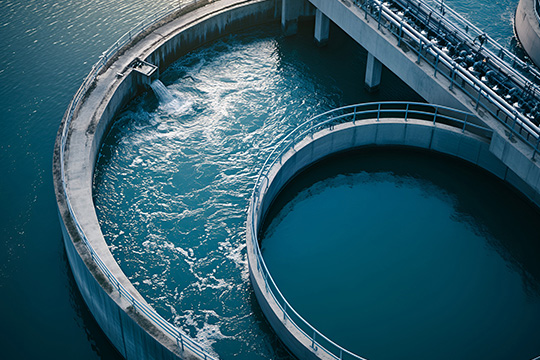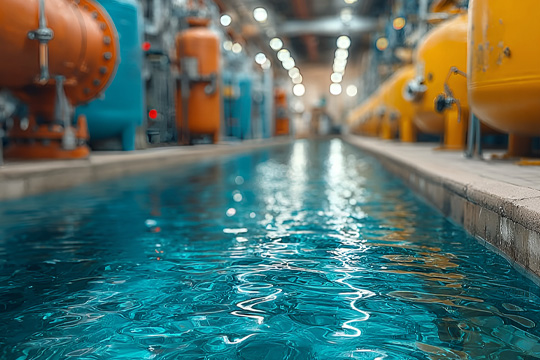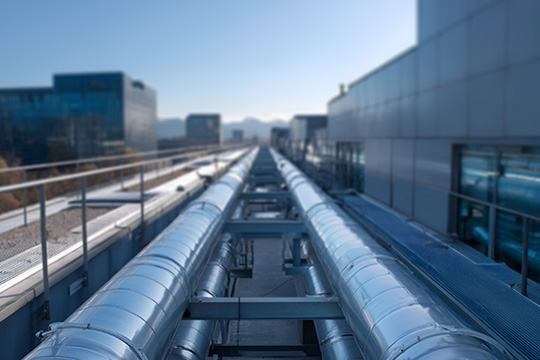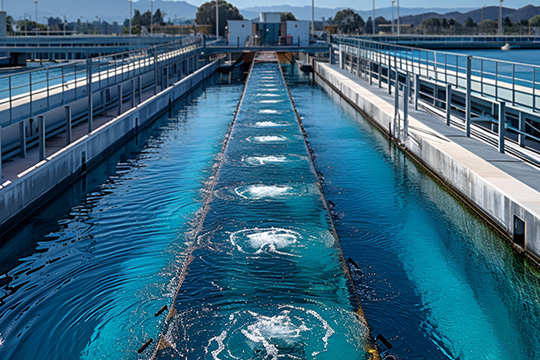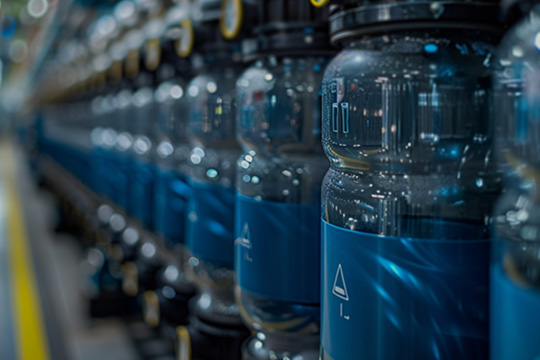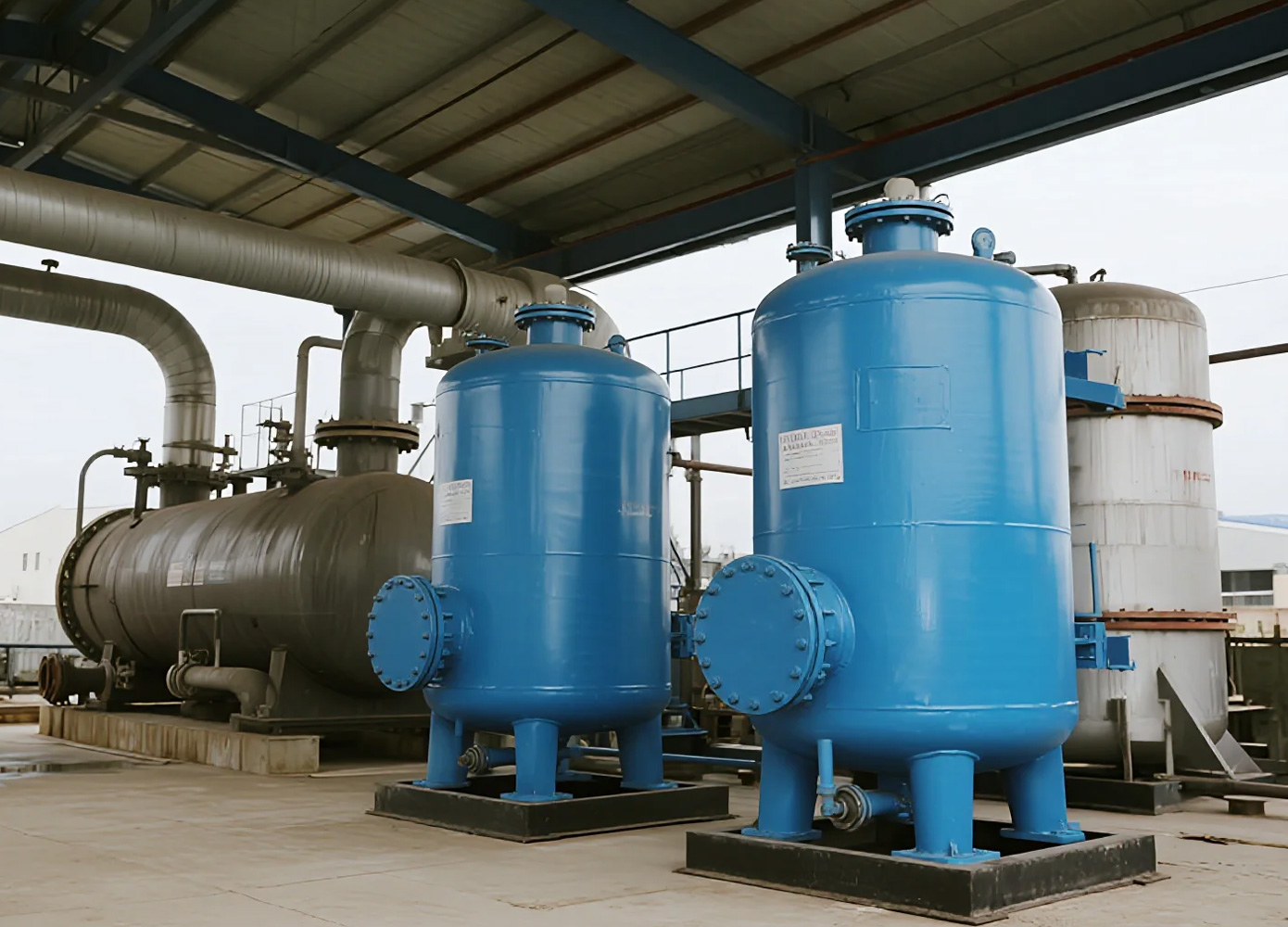Boiler demineralized water
—— The "invisible fuel" behind precision equipment, with extremely stringent requirements for water purity
In the power, petrochemical, metallurgical, pharmaceutical and other industries, the boiler system is the core unit driving production, and demineralized water (Demineralized Water), as the lifeblood of boiler operation, its water purity directly determines the equipment life, operating efficiency and energy consumption level. The treatment system must meet indicators such as ultra-low conductivity, ultra-low hardness, silicon-free and salt-free to meet the extreme requirements for heat exchange and steam quality.
Demineralized water quality characteristics:
Ultra-low conductivity: The outlet water conductivity generally needs to be ≤0.2–1.0μS/cm, and the water quality requirements for high-pressure or ultra-high-pressure boilers are more stringent.
Zero hardness requirement: Hardness ions such as calcium and magnesium must be completely removed, and the residual hardness is usually required to be <0.05mg/L to avoid scaling and heat loss.
Extremely low silicon content: Silicates easily enter the turbine with steam, causing deposition damage. The silicon content of the outlet water is usually required to be <20μg/L, and some even require less than 10μg/L.
Comprehensive removal of inorganic salts: Soluble ions such as Cl⁻, SO₄²⁻, and Na⁺ need to be removed to prevent corrosion, cavitation and other hidden dangers.
Stable and continuous water supply: The boiler system operates throughout the year, which puts forward extremely high standards for the continuous operation capability, automatic control, and fault tolerance of the desalted water treatment system.






